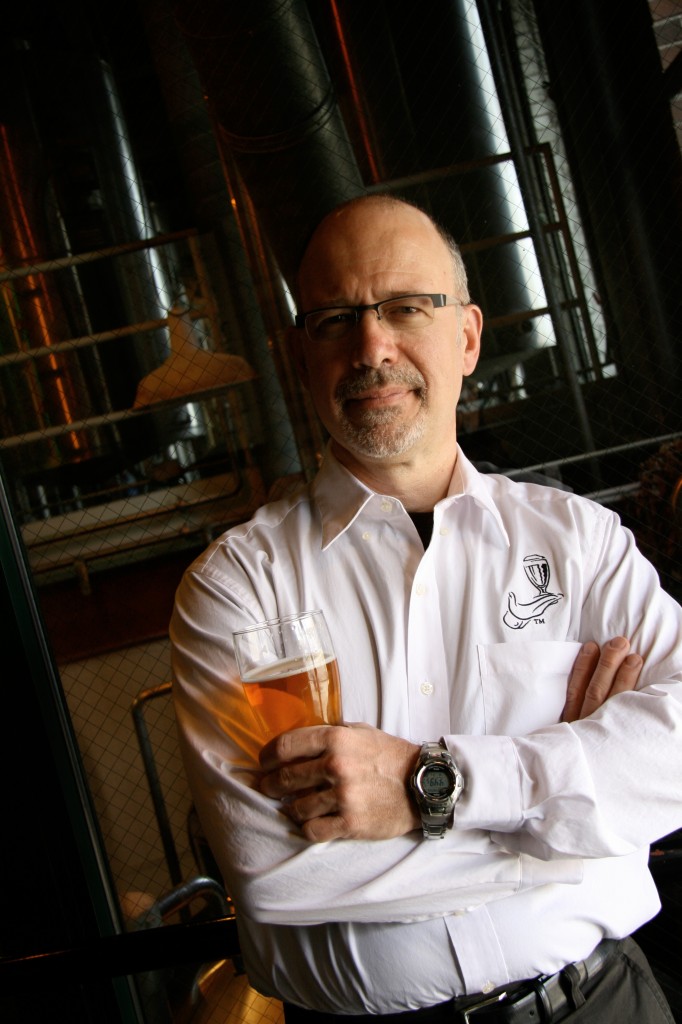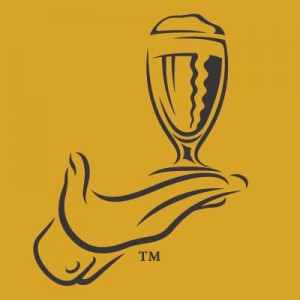
“I remember looking at the calendar in August of 2009,” he said. “And I literally said to myself, ‘I wonder who I’m going to work for next year.’”
There were plenty of beer industry professionals who wanted to become Certified Cicerones, who are known as the sommeliers of beer, but the number of people actually signing up and taking the tests weren’t on par with what he’d hoped for, making it difficult for Daniels to call the program his full-time job.
“My ability to continue not making a living was running out,” he added.
Within a few months, however, the program caught on with the beer community, and set in motion growth that has been steady ever since.
Today, there are more than 33,000 Certified Beer Servers, the title achieved after completing the first level of the program. While more than 1,100 individuals have completed the second level in order to achieve the title of Certified Cicerone, there are only seven who have passed the third and most difficult level of the program to become Master Cicerones.
While the Cicerone Program continues to grow stateside, Daniels is taking the educational platform international, launching with a modified version in Canada this month.
There are a few, small differences from the U.S. program, however.
“Some of it is regulatory; there’s a different drinking age obviously,” Daniels said. “There are a few differences in terms of nomenclature. Not so much beer styles, but how they name styles and how they talk about beers.”
He added that the Canadian test doesn’t quiz participants on the American three-tier system either.
“They’re pretty subtle [differences], it probably doesn’t even change 10% of the content.”
Daniels said he hopes to have presence in the U.K. and will be actively working this year to tailor a program for that market.
“We don’t believe in creating what we think is right and then shoving it down peoples throats,” said Daniels. “We believe in sort of organic growth.”
The growth the program has enjoyed has, of course, been driven by the actual people taking the test. That group has been split primarily between distributors, retailers and brewers who want to advance their own education of the industry.

“It’s no secret that in the last 10 years, distributors in the U.S. have had to pivot from being focused on American lagers to having a strong presence and interest in American craft beers,” said Daniels.
One of the many distributors that has encouraged its employees to take part in the Cicerone Certification Program is Town & Country Distributors of Itasca, Ill. Town & Country’s staff has five Certified Cicerones, and each of its sales representatives are either a Certified Beer Server or preparing to take the first exam.
“It’s a new world order in the beer industry and education is a critical part of it,” said Jon Jahnke, General Manager, Town & Country Distributors. “The bottom line is, it’s a unique opportunity for everyone to understand beer at a higher level so why not embrace it?”
Jahnke added that, for his company, a high-level understanding of beer is important, particularly because of the increasing popularity, variety and appreciation of craft beer.
“There’s no doubt that the craft beer renaissance is here to stay,” he said.
Other distributors agree. Mark Lawson, Craft Beer Manager for Nevada Beverage Co. and a Certified Beer Server, said his company started training employees for the program out of necessity.
“It’s really slowly becoming the standard,” he said. “When we’re looking at bringing in new brands, the suppliers are asking us, ‘Well do you have any Cicerone trained staff?’”
Craft-savvy retailers are also beginning to value the importance of a certification. Their participation numbers are now equal to, if not greater than distributors, added Daniels. It’s a sign that craft beer education is becoming increasingly important across all tiers of the industry, he said.
“That’s a great thing for the industry overall,” Daniels said.
Ultimately, Daniels, who said that revenue grew 50 percent in 2013, sees Cicerone as part of a “team effort to improve the quality of beer service.”
“We see ourselves as one element of this overall effort by all brewers and all people who are knowledgeable about good beer and good beer service to try and improve the overall quality,” Daniels said. “I don’t think we single handedly make that happen. We help to go in that direction. We’re part of an overall movement.”